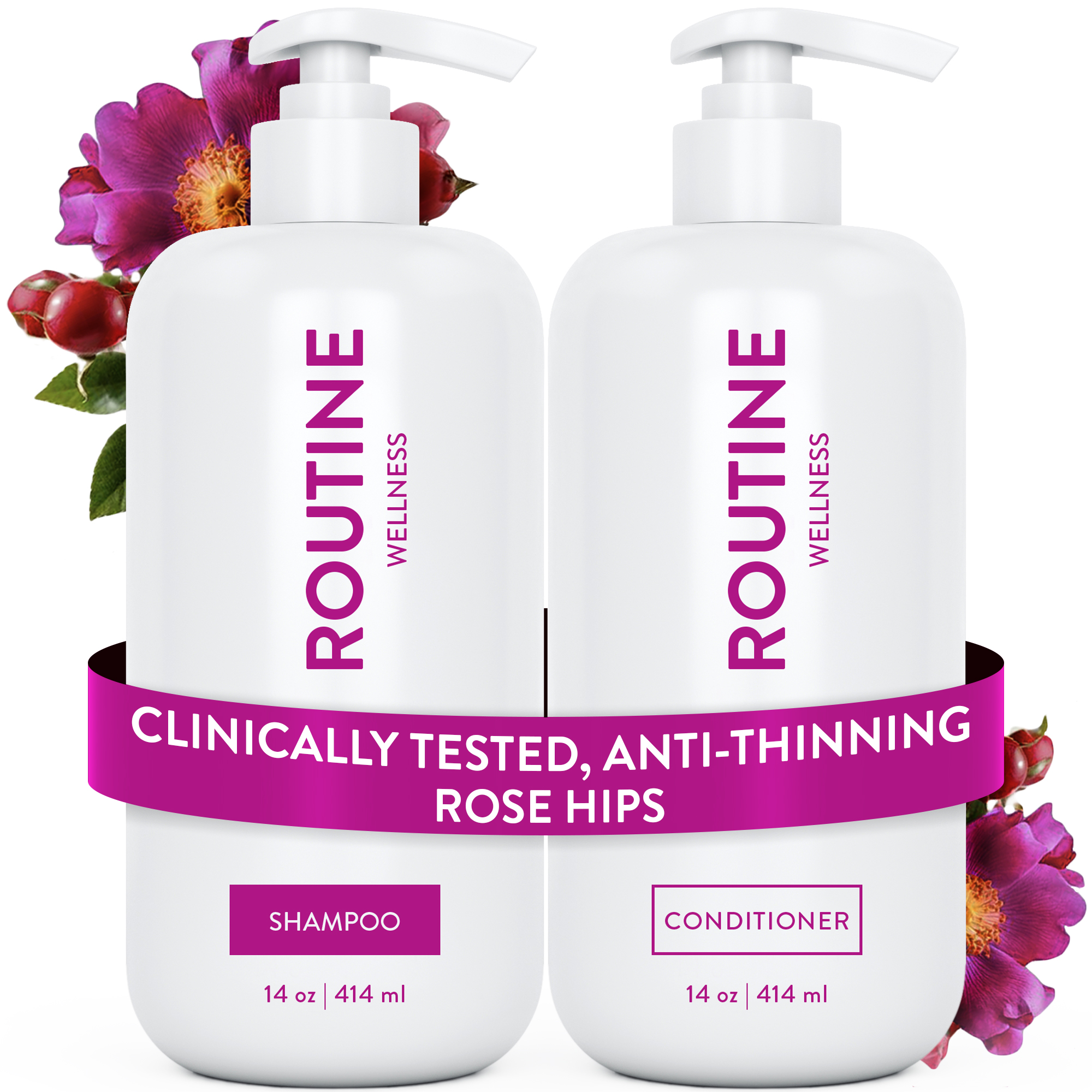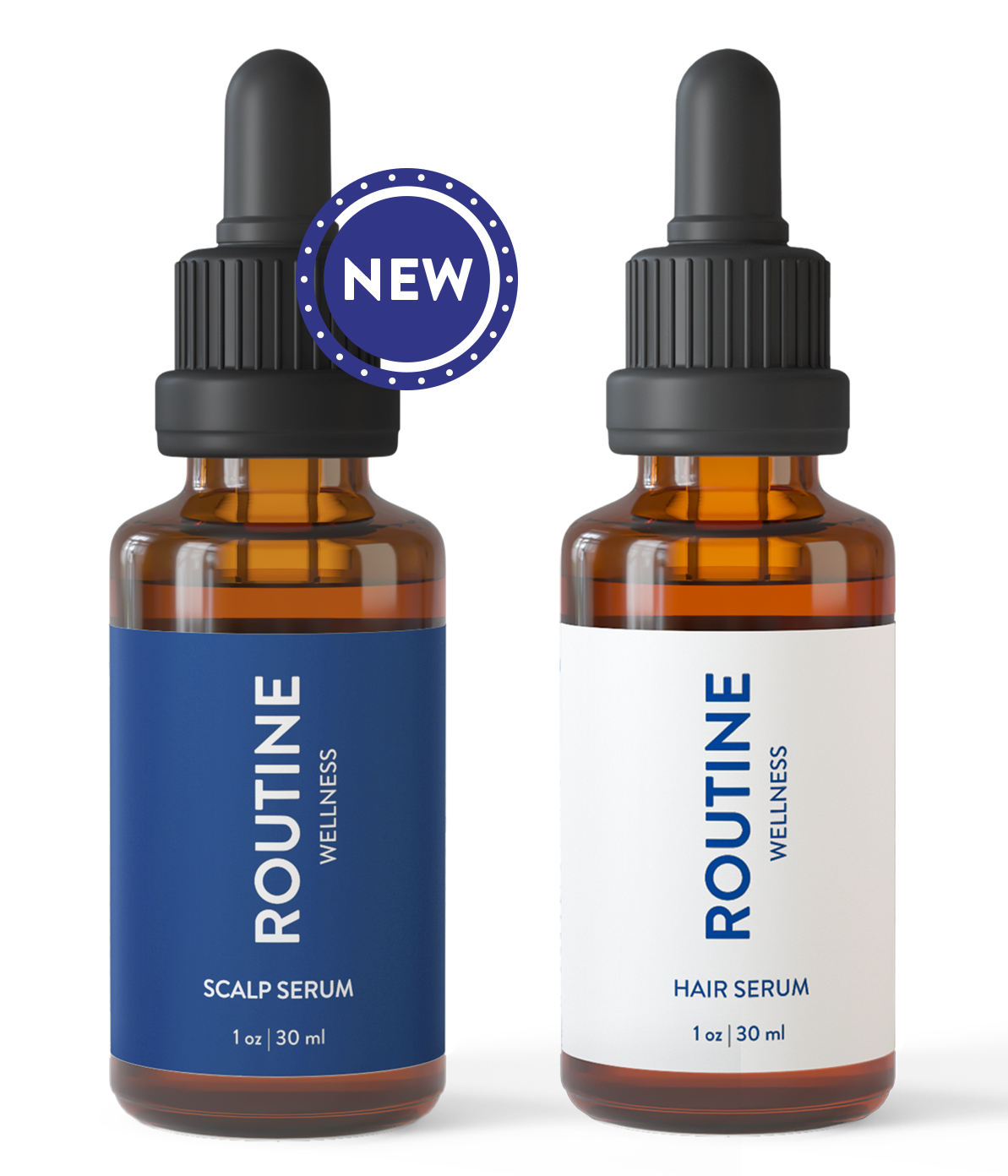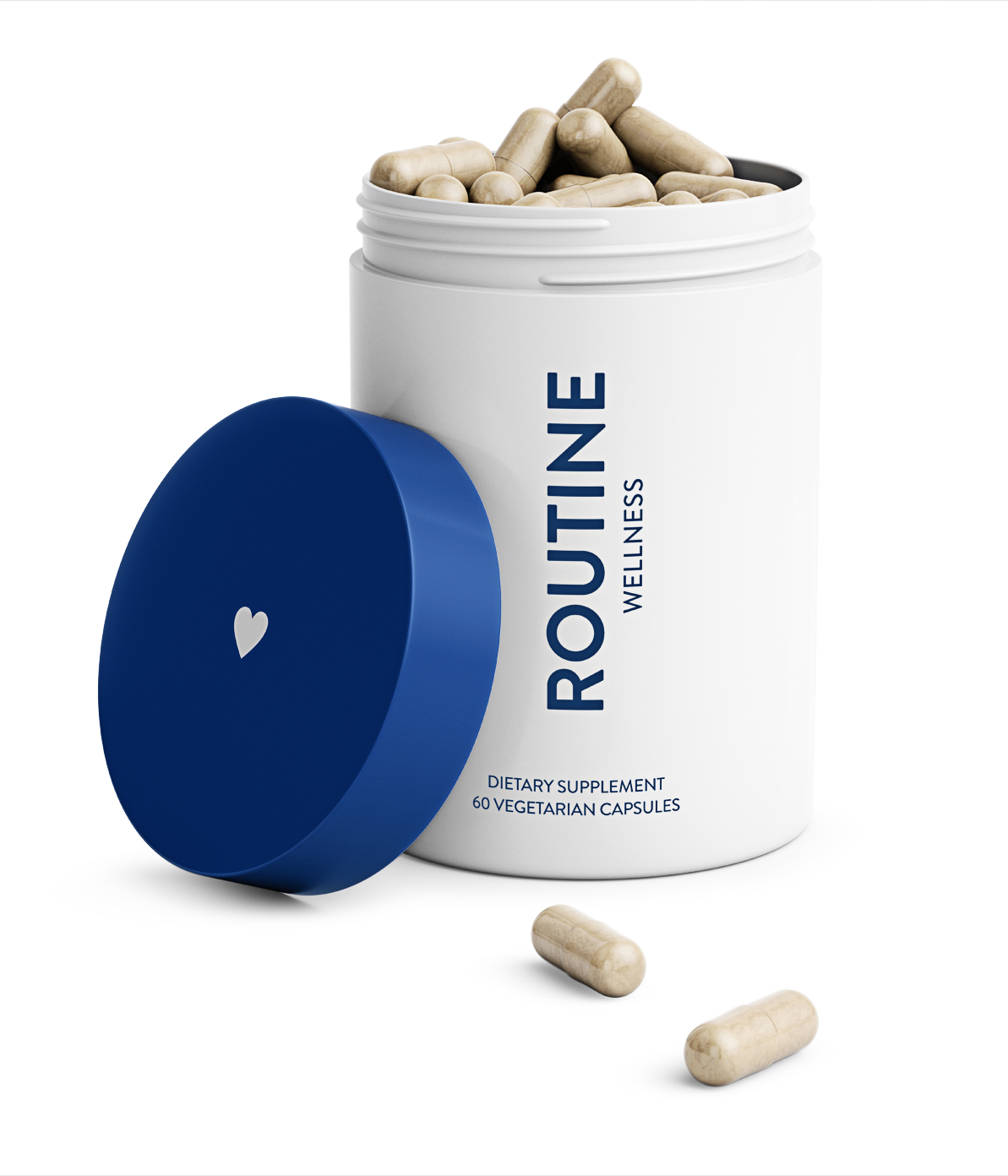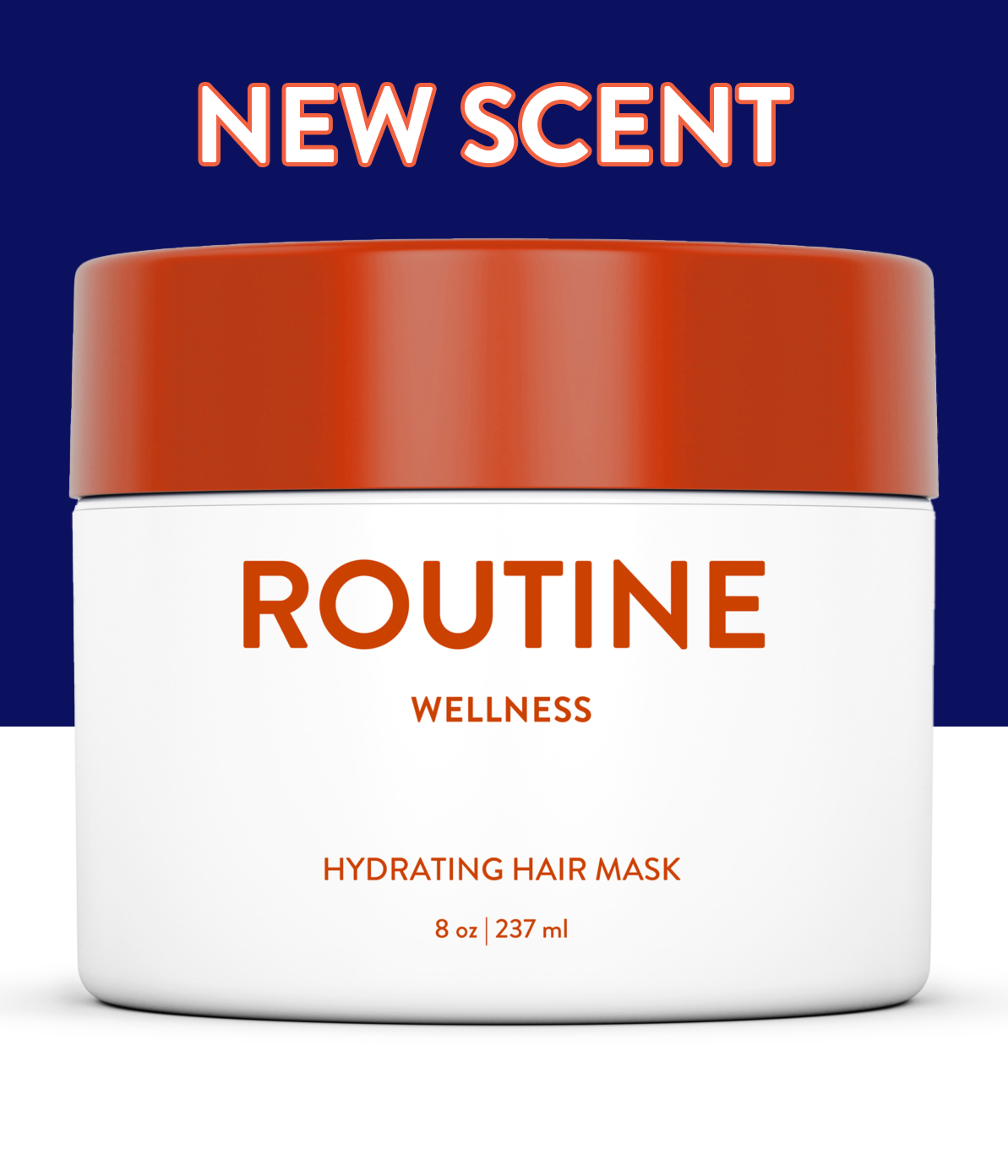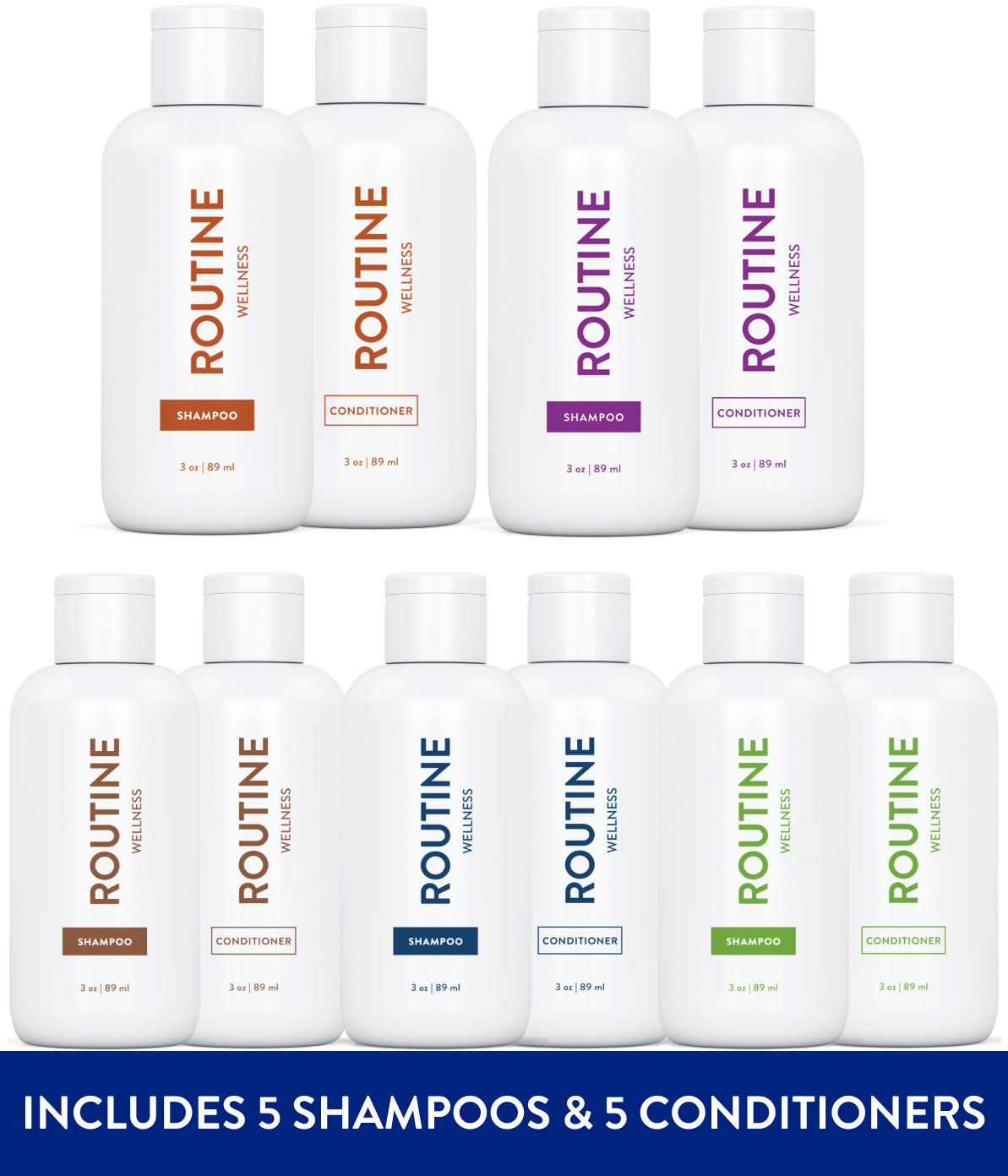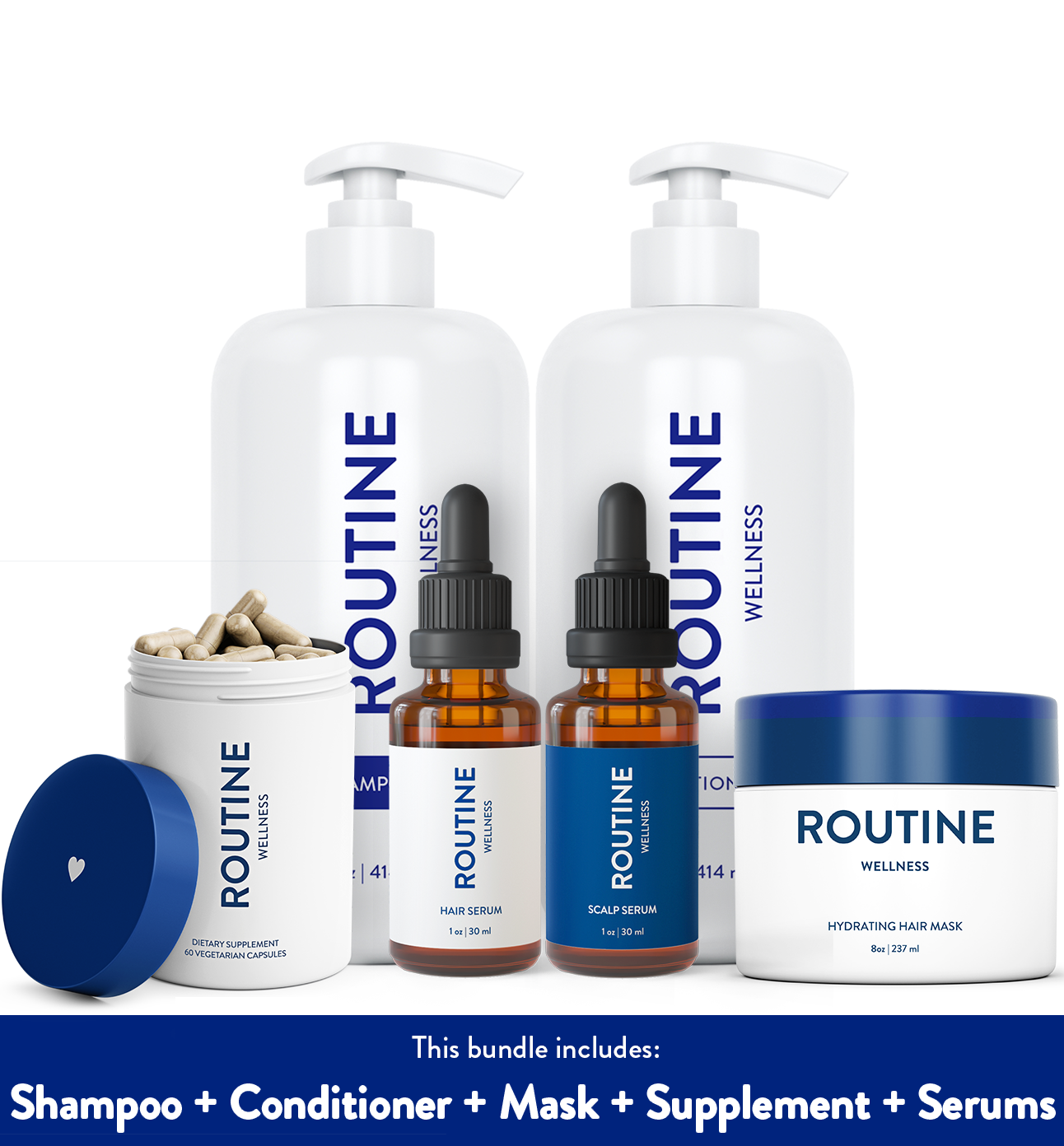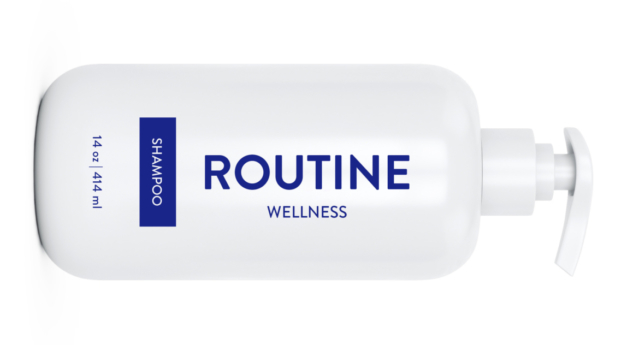
HOW TO CARE FOR FRAGILE HAIR
For many of us, our hair is a reflection of our identity. It encompasses how we want to express ourselves to others, and is a statement about our values and confidence. If your hair is fragile or weak, however, you may look longingly on old photos of yourself and wonder what changed.
“Fragile hair is often marked by dry and brittle strands,” according to one dermatologist we spoke with who has seen a huge increase in the number of women suffering from hair loss. The fragility can be caused by a number of factors, from disease (think COVID) to the use of excessive heat or color on your hair.
Still, by following a few simple steps and styling tricks, your hair can regain some of its former glory. Below, we share the tips our New York City based dermatologist recommended:
Avoid Unhealthy Stretching
We all want to tie our hair in ponytails before we jump on a treadmill or spend time at the beach. Did you know that overly tight hairstyles – ponytails, braids, buns, and the like – can pull on our strands and cause hair loss? The worst part of this type of thinning is that it generally affects the area where our scalp meets our forehead – our hairline – and is super noticeable.
You can avoid stressing your hair by styling it into loose knots and braids, and steering clear of tight elastic bands, which can cause real damage. Think soft hair ties or bobby pins!
Turn Down The Heat
Excessive heat is often the largest contributor to dry or damaged hair says another dermatologist we spoke with. Simply put, heat is public enemy number one. You want to avoid heat everywhere you can, from excessively hot showers to curling irons to prolonged exposure to the sun. During your shower, try to rinse Routine Wellness Shampoo and Conditioner from your hair with lukewarm water rather than hot water, and never use heating tools (irons, curlers) on your hair when it is still wet. In addition, when you’re out in the sun, protect your scalp and hair from the harsh UV rays by wearing a hat.
Be Gentle When Your Hair is Wet
Your hair is most vulnerable to damage when it is wet. Because of this, you want to be gentle with your hair until it has dried off. If you want to brush your hair when it is wet, use a wide tooth brush in the shower when you still have conditioner in your hair. The conditioner will make your hair more slippery and as a result, your brush won’t pull your hair as much. As we mentioned before, never use irons or other appliances on high heat when your hair is still wet. Finally, instead of using a traditional towel to dry your hair, use a gentle micro-fiber towel—or even an old shirt—and gently squeeze out the excess water.
Use The Right Products
You want to avoid any hair care products with ingredients like sulfates or SLS, which are chemicals that produce foam but can have a negative impact on your hair and body. Similarly, you’ll want to stay away from parabens and phthalates in your products as they can disrupt your endocrine system. Finally, you’ll want to ensure that you are consuming enough collagen and biotin to maintain a healthy head of hair. We recommend trying Routine Wellness Hair Supplement, which is made from unique ingredients that have been clinically proven to increase hair thickness and density.

